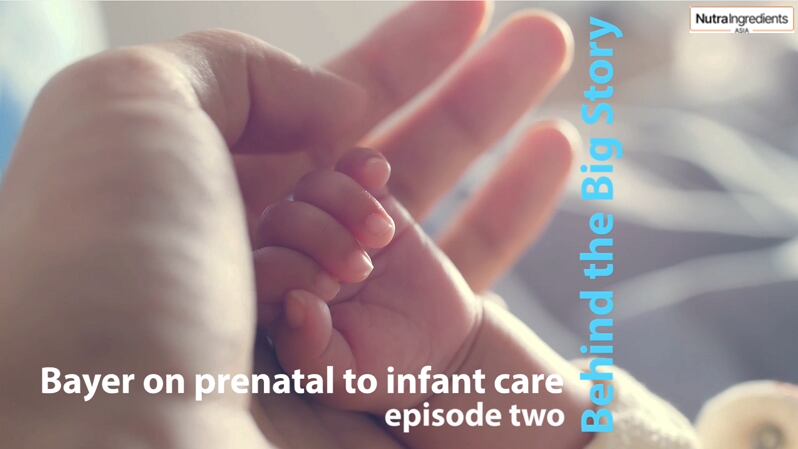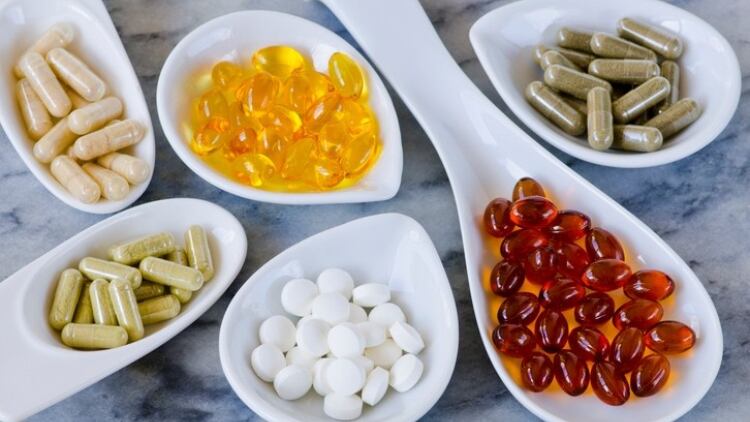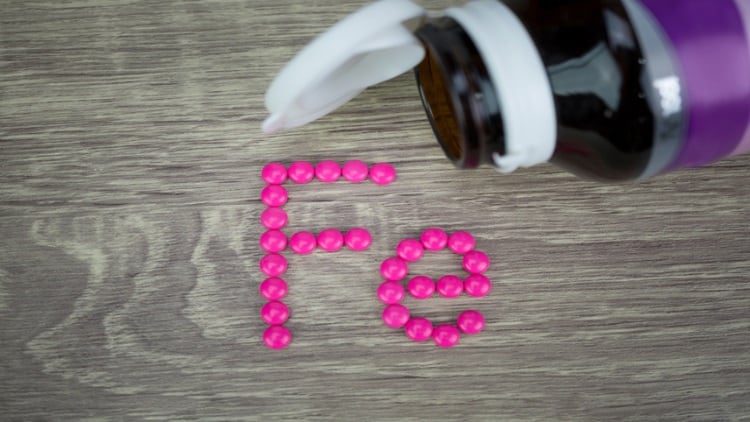In fact, haemoglobin levels had increased significantly within 30 days of intervention and had continued to remain higher than baseline throughout the study.
Conducted in India, the trial findings were published in Cureus.
A total of 27 anaemic women with haemoglobin levels between 9 and 10.5 gm/dL, were having a single pregnancy, and were in their second trimester completed intervention.
To ensure healthy pregnancy outcomes, the World Health Organisation recommends pregnant women to maintain haemoglobin levels above 11.0 g/dL.
During the trial, the women took one tablet of 30 mg oral emulsified microsomalTM ferric pyrophosphate (EMFP) once daily before lunch.
The EMFP tablets were supplied by Taiyo GmbH and are commercially available as SunActive™.
It is a microencapsulated and bioavailable form of iron developed by Japan’s Taiyo Kagaku using the proprietary Advanced Microsomal™ Technology.
The technology is said to ensure that free iron does not come in contact with intestinal mucosa, this improves efficacy and reduces incidence of side effects.
Aside from iron in the form of ferric pyrophosphate, the iron supplement also contain vitamin C, B12, folic acid, and glycine.
Findings showed that mean haemoglobin levels had increased significantly within 30 days of intervention by 29 per cent from baseline to 12.73 ± 1.61 gm/dL – hitting the levels recommended by WHO.
Mean haemoglobin levels continued to increase by 27.6 per cent and 24.4 per cent from the baseline after 60 and 90 days of the trial to 12.59 ± 1.46 gm/dL and 12.29 ± 1.43 gm/dL respectively.
India’s National Family Health Survey 5 (NFHS) data between 2019 and 2021 showed that anaemia during pregnancy was prevalent in 52.5 per cent of women, with rural areas showing higher rates.
Undetected and untreated iron deficiency anaemia (IDA) could adversely affect foetal development and maternal health, manifesting symptoms such as pallor, fatigue, and dizziness.
Research also links anaemia to complications such as premature delivery, low birth weight, preeclampsia, postpartum maternal sepsis, haemorrhage, and maternal and child mortality.
Find out the latest scientific discoveries and trends driving the development of new products supporting maternal and women's health at Growth Asia Summit 2024. Be prepared to gain expert insights from leading health supplement and nutrition brands Haleon, JS Health, BY HEALTH, Himalaya Wellness and more. Register now to attend.
Serum ferritin and iron levels
In addition, serum ferritin and iron levels had significantly increased from iron supplementation.
Serum ferritin levels, for example, had exhibited a 6.61-fold increase after 90 days of the trial to hit 93.62 mcg/L.
“Throughout the study, mean serum ferritin levels had showed a significant increase from the baseline level of 12.3 mcg/L, including a 4.15 times increase and 6.18 times increase after 30 and 60 days, which continued increasing to 6.61 time after 90 days to hit 93.62 mcg/L,” said the researchers.
According to the Mayo Clinic, ferritin is a blood protein that contains iron. It therefore indicates the level of iron available in the body.
In the same vein, serum iron levels had also increased significantly by 46.9 per cent from the mean baseline level of 65 mcg/dL to 93.45 mcg/dL.
Symptoms reduction
Additionally, symptoms such as nausea, breathlessness, dizziness, irritability, and heartburn were notably reduced, leading to improved quality of life, said the researchers.
For example, the mean score of nausea had dropped significantly after 60 and 90 days of the intervention.
Mean score of nausea eventually dropped from the baseline of 1.48 to 0.59 after 90 days of the trial – indicating a 60.1 per cent drop in nausea score.
There was also a significant reduction in the incidence of breathlessness and dizziness.
Improvements in heartburn, however, was insignificant.
Full-term pregnancies
All participants had proceeded to full-term pregnancies, with babies born during the study showing an average birth weight of 3.28kg.
“In our study, the investigational product might have played a crucial role in maintaining optimal Hb levels (11-12 gm/dL), promoting healthy foetal development, and reducing the risk of adverse birth outcomes such as low birth weight,” said the researchers.
They added that treatment compliance was almost 99.5 per cent throughout the study, with two mild adverse events unrelated to the intervention observed.
“Commonly used oral iron supplements, such as ferrous sulfate, ferrous gluconate, ferrous fumarate, and ferrous ascorbate, are known to cause adverse gastrointestinal effects.
“Research revealed that patients taking oral iron supplements reported gastrointestinal side effects in up to 60 per cent of patients. However, in the present study, there were no reported GI side effects,” said the researchers, adding that this was due to the use of microencapsulated iron.
“This work is especially important because there are several types of encapsulated irons, but none have been shown to be safe or effective in pregnant women. This study is groundbreaking because it cuts through the noise created by marketing and presents the science on its merit. It clearly shows that SunActiveTM Fe is an exceptional safe and efficacious oral anaemia treatment,” Dr Alok Shah, lead author of the study added.
Nonetheless, the researchers acknowledged that the study had a small sample size, which might restrict the generalisability of the findings. Further research is therefore required.
Source: Cureus
Efficacy and Safety of Microsomal Ferric Pyrophosphate Supplement for Iron Deficiency Anemia in Pregnancy
DOI:10.7759/cureus.57108
Authors: Srivastav A, Kshirsagar S, Adhav T, et al.





